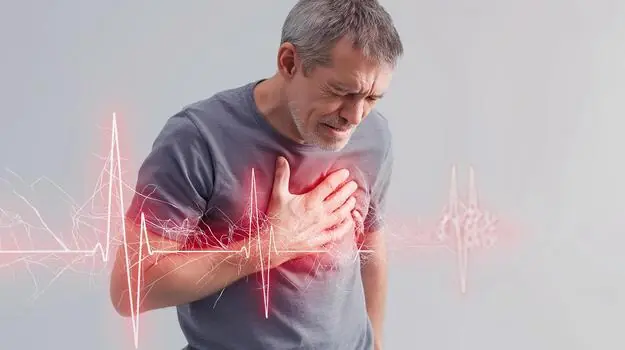
Major Signs You Are Magnesium Deficient (and What To Do About It!)
Major Signs You Are Magnesium Deficient (and What To Do About It!)
In today’s fast-paced world, many people—especially Americans—are unknowingly falling short on magnesium. Despite being a vital mineral, magnesium is often missing from modern diets due to the heavy consumption of processed foods and depleted soil quality that lowers the mineral content of fruits and vegetables.
Like other essential vitamins and minerals, magnesium supports numerous bodily functions, and when your intake is too low, you’re bound to notice it sooner or later. The symptoms can be subtle at first but may become quite serious over time if left unaddressed.
Magnesium plays a crucial role in brain chemistry, heart and muscle function, calcium absorption, nerve transmission, and hundreds of metabolic reactions that sustain life. In fact, it’s involved in over 300 enzymatic processes throughout the body.
When you become deficient, simply consuming the “recommended daily amount” may not be enough—you’ll likely need extra magnesium for a period of time to restore your body’s balance. Deficiencies rarely correct themselves without deliberate nutritional changes.

1. Hearing Loss and Tinnitus (Ringing in the Ears)
In one study conducted by Chinese researchers using 90 guinea pigs exposed to loud noise, scientists discovered that magnesium helps prevent free radical formation linked to hearing damage within the cochlea (the inner part of the ear responsible for sound detection).
This finding suggests that magnesium may be particularly important for people regularly exposed to loud environments—such as airport staff, concert crew members, construction workers, or industrial employees.
In addition to hearing loss, tinnitus—a persistent ringing or buzzing sound in the ears—can also occur when magnesium levels are low. For some, this constant noise can be distressing and interfere with sleep and concentration.
Fortunately, there’s good news. A study at the Mayo Clinic in Arizona found that a daily magnesium supplement of 532 mg taken by 26 tinnitus patients over three months significantly reduced the severity of their symptoms. This indicates that magnesium supplementation might offer relief to those suffering from noise-related ear damage.
2. Depression and Mood Disorders
One of the lesser-known but highly significant signs of magnesium deficiency is depression. Decades ago, physicians often treated depressive symptoms with magnesium sulfate before modern antidepressants became common.
Research continues to support this historical insight. A study conducted at a psychiatric hospital in Croatia analyzed blood magnesium levels in 79 depressed patients who had attempted suicide and 101 depressed patients who had not. The results were striking—those who attempted suicide had significantly lower magnesium concentrations, suggesting that low magnesium may exacerbate mood disorders or emotional instability.
Magnesium helps regulate neurotransmitters and supports the production of serotonin—the “feel-good” chemical that influences mood, sleep, and appetite. Without adequate magnesium, nerve cells can become overstimulated, leading to irritability, anxiety, and depressive symptoms.
Below are the recommended dietary allowances (RDAs) for magnesium according to the U.S. National Institutes of Health (NIH):
| Age | Male | Female | Pregnancy | Lactation |
|---|---|---|---|---|
| Birth–6 months | 30 mg* | 30 mg* | ||
| 7–12 months | 75 mg* | 75 mg* | ||
| 1–3 years | 80 mg | 80 mg | ||
| 4–8 years | 130 mg | 130 mg | ||
| 9–13 years | 240 mg | 240 mg | ||
| 14–18 years | 410 mg | 360 mg | 400 mg | 360 mg |
| 19–30 years | 400 mg | 310 mg | 350 mg | 310 mg |
| 31–50 years | 420 mg | 320 mg | 360 mg | 320 mg |
| 51+ years | 420 mg | 320 mg |
*Adequate Intake (AI)
(Source: National Institute of Health)
3. Heart Arrhythmias (Irregular Heartbeat)
Your heart relies on a delicate balance of minerals—especially magnesium—to maintain a steady rhythm. Doctors at the Henry Low Heart Center at Hartford Hospital, Connecticut have reported that a large percentage of patients suffering from arrhythmias (irregular heartbeats) show intracellular magnesium deficiency.
Because of this, magnesium supplementation is often used as part of standard treatment for certain cardiac conditions. Low magnesium levels can lead to muscle spasms in heart tissue, causing irregular electrical impulses and contributing to heart palpitations or skipped beats.
Athletes or individuals under chronic stress—both of which deplete magnesium through sweat or stress hormones—should be especially mindful of their intake.
4. Kidney Stones
It’s a common misconception that kidney stones result from having too much calcium. In reality, the problem is often the lack of magnesium.
Magnesium acts as a natural stone inhibitor, preventing calcium and oxalate from binding together to form painful deposits in the kidneys. However, for this protective effect to occur, your body must have sufficient magnesium levels in the first place.
If you’ve ever had kidney stones, increasing your magnesium intake—through foods like dark leafy greens, avocados, almonds, and pumpkin seeds, or via a high-quality supplement—can significantly reduce your risk of recurrence.
Final Thoughts
If you experience any of these symptoms—fatigue, muscle cramps, mood swings, heart irregularities, or recurring kidney stones—it’s worth discussing magnesium with your healthcare provider. A simple blood or intracellular test can reveal whether your levels are suboptimal.
While magnesium supplements can help, it’s equally important to focus on dietary sources. Foods such as spinach, kale, legumes, nuts, seeds, and whole grains are all excellent natural options. Staying hydrated and minimizing caffeine or alcohol intake can also help preserve your body’s magnesium reserves.
Your body can’t function properly without magnesium—and yet, many people go years without realizing they’re deficient. Paying attention to these warning signs and taking early action can make a major difference in your long-term health.
News in the same category

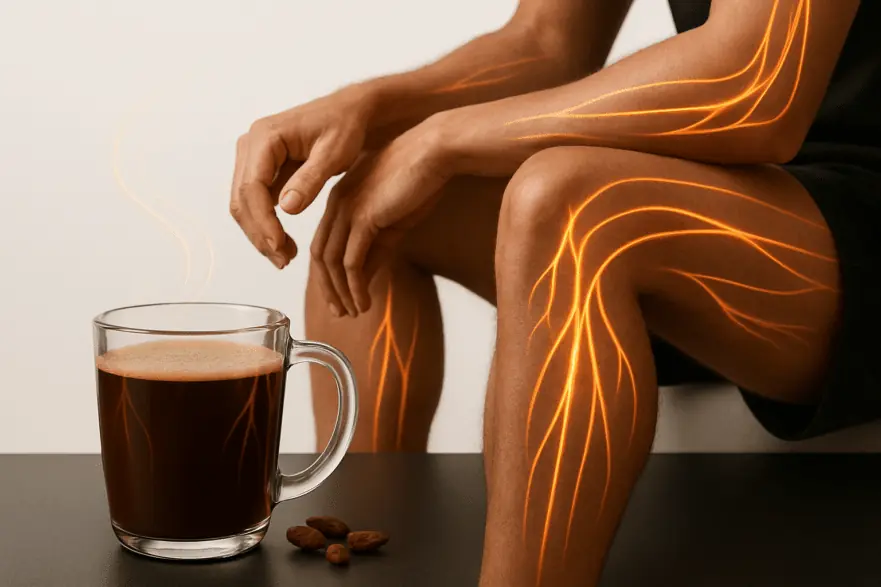
Cocoa Flavanols May Protect Blood Vessels Even When You Sit for Hours
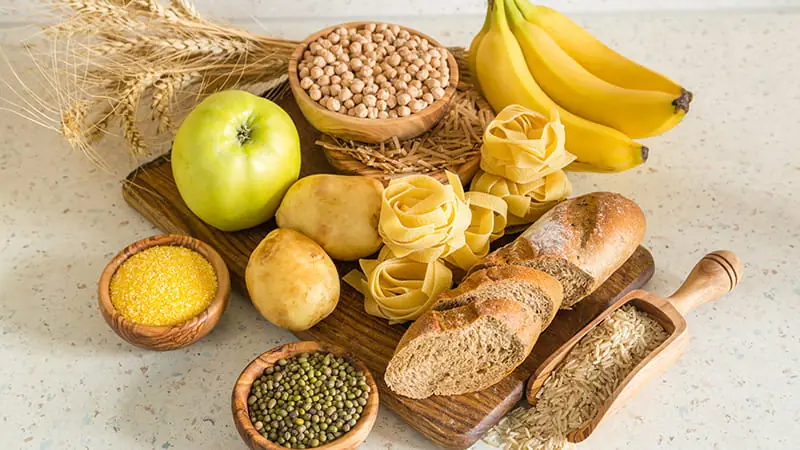
How to Eat Bread, Rice, and Potatoes Without Blood Sugar Spikes
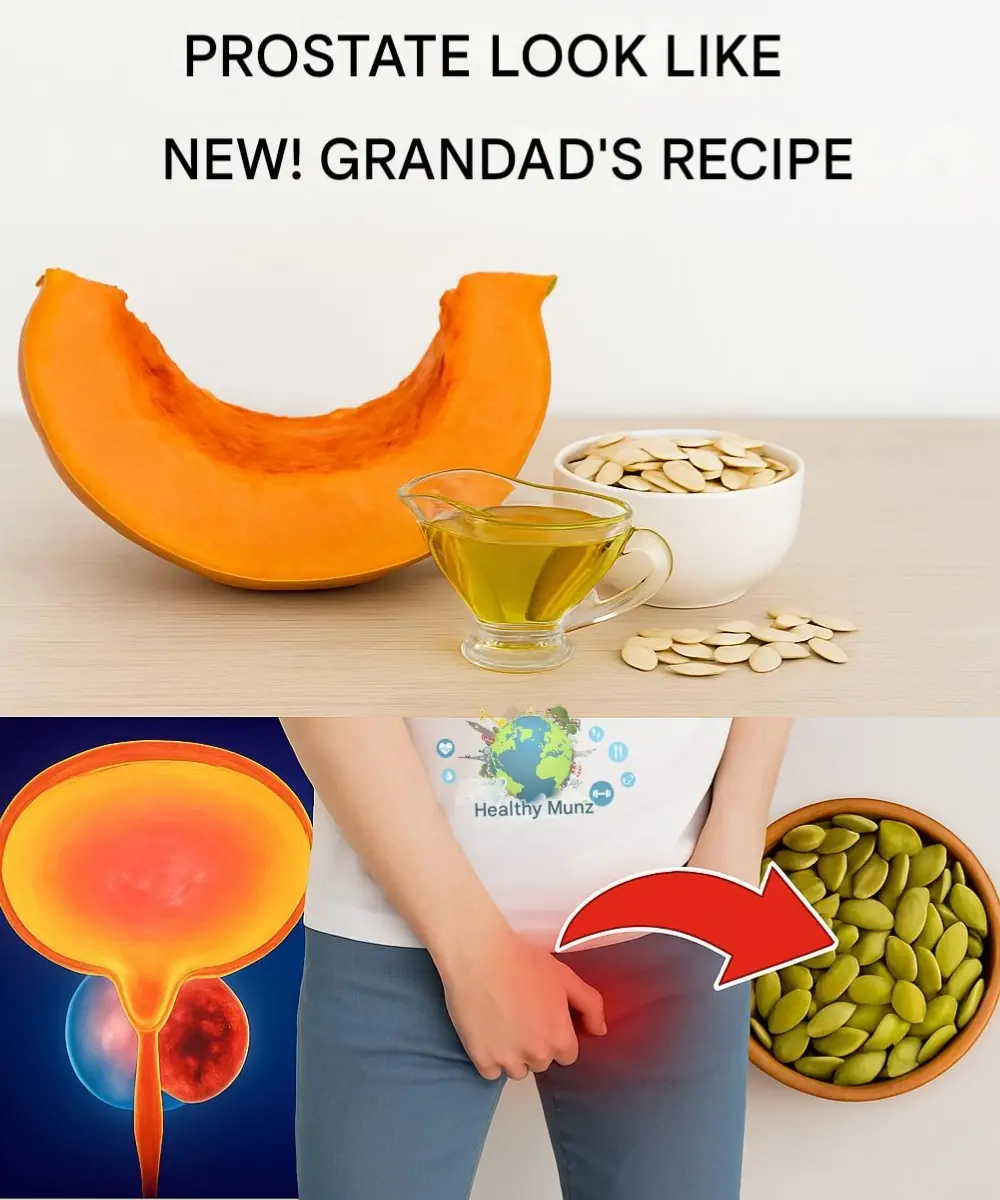
It Will Make Your Bladder and Prostate Feel Like New! The Grandfather’s Recipe
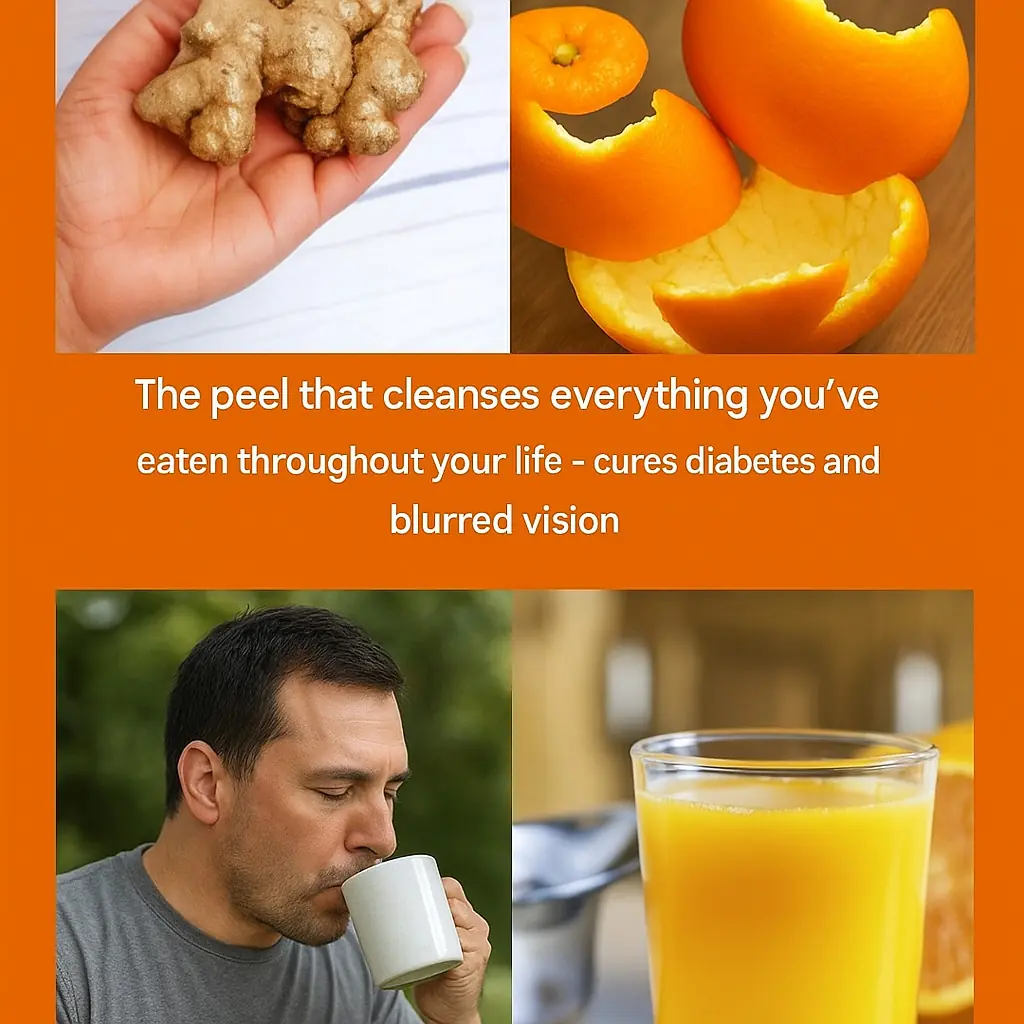
The Orange Peel Elixir That Cleanses Your Whole Body and Fights Diabetes, Cholesterol, and Blurry Vision

Stubborn Grass (Sporobolus indicus): The Resilient Weed with Hidden Healing Powers
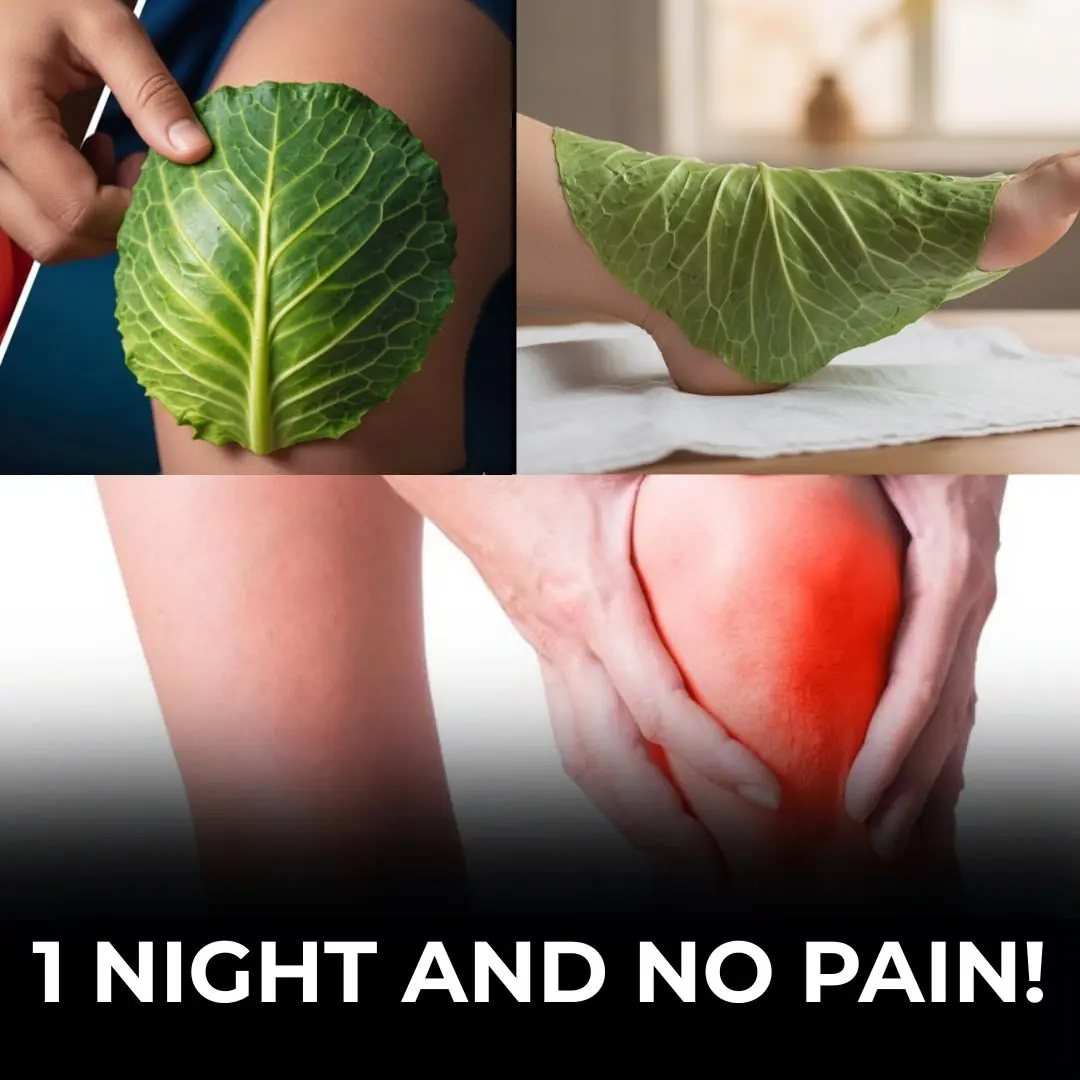
Cabbage Leaf Miracle: How to Relieve Joint Pain Overnight Naturally
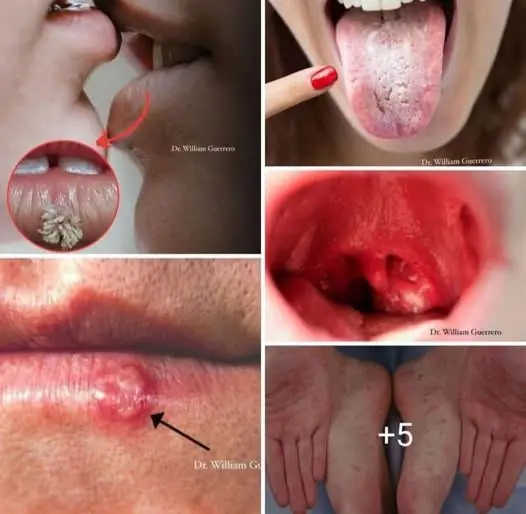
Mouth Cancer: Symptoms, Causes, Stages, and Treatment

How to Cure Sciatic Nerve Pain: A Guide to Natural Remedies
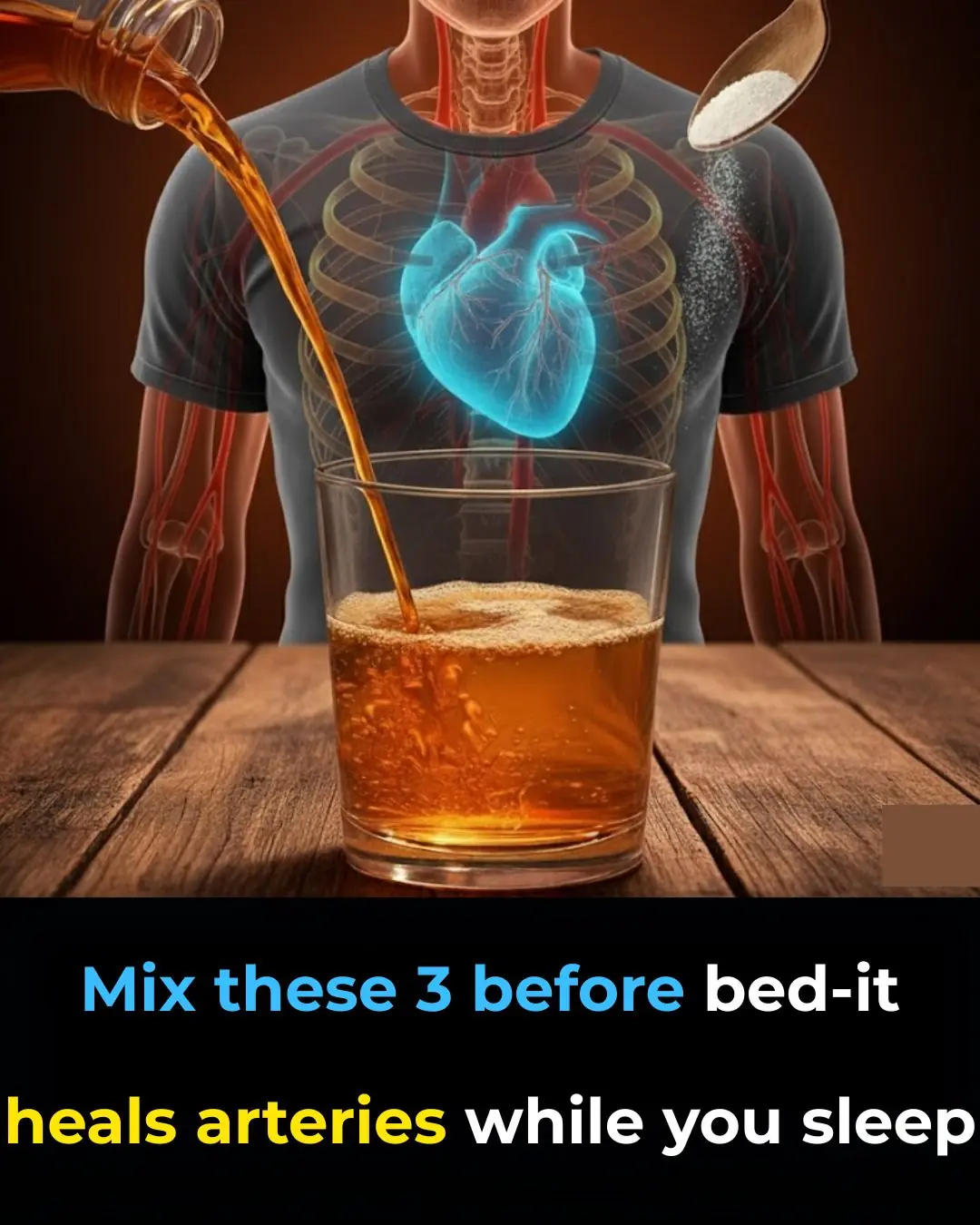
Mix these 3 before bed — it heals arteries while you sleep
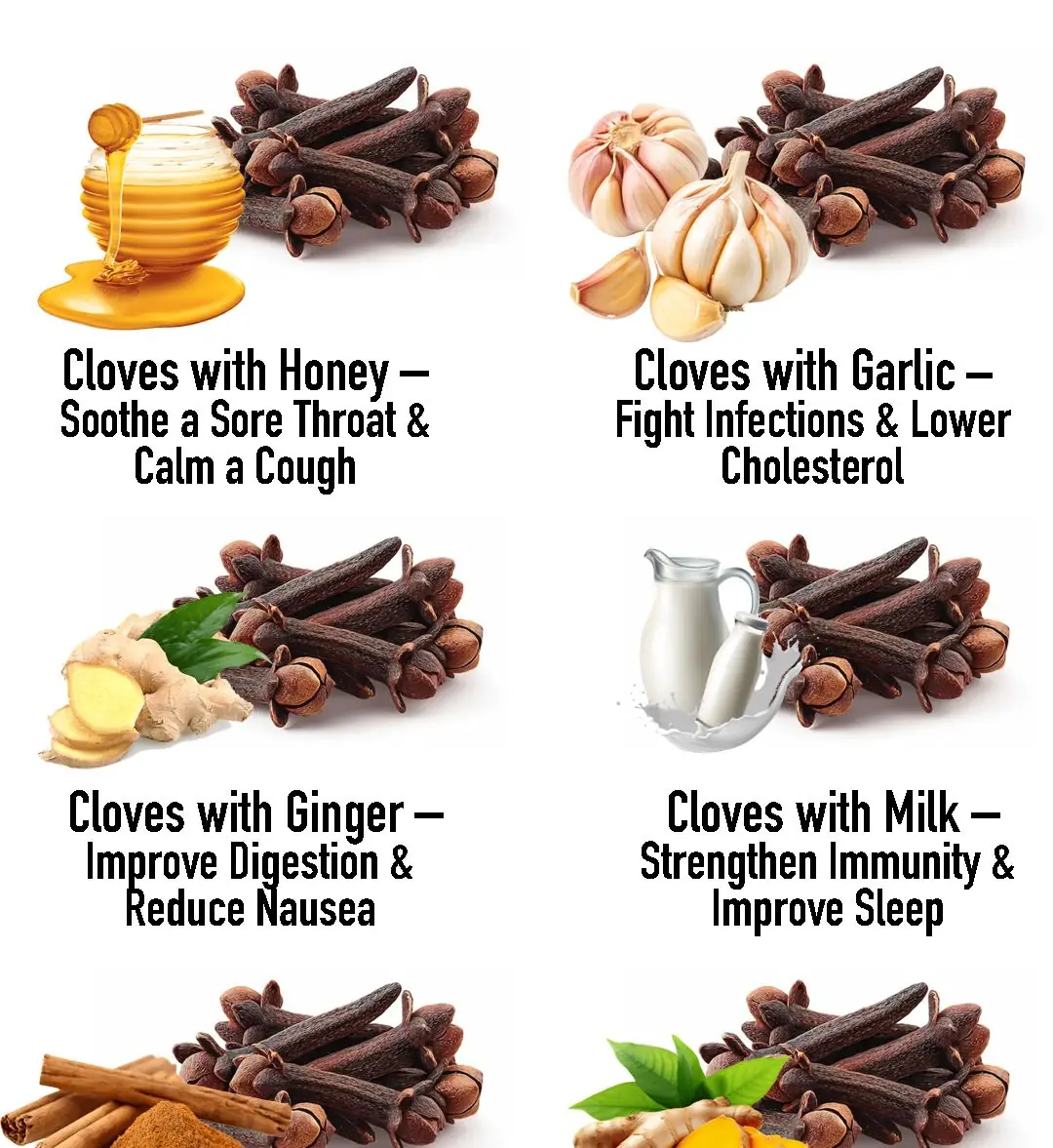
20 Genius Ways to Use Cloves for Your Health
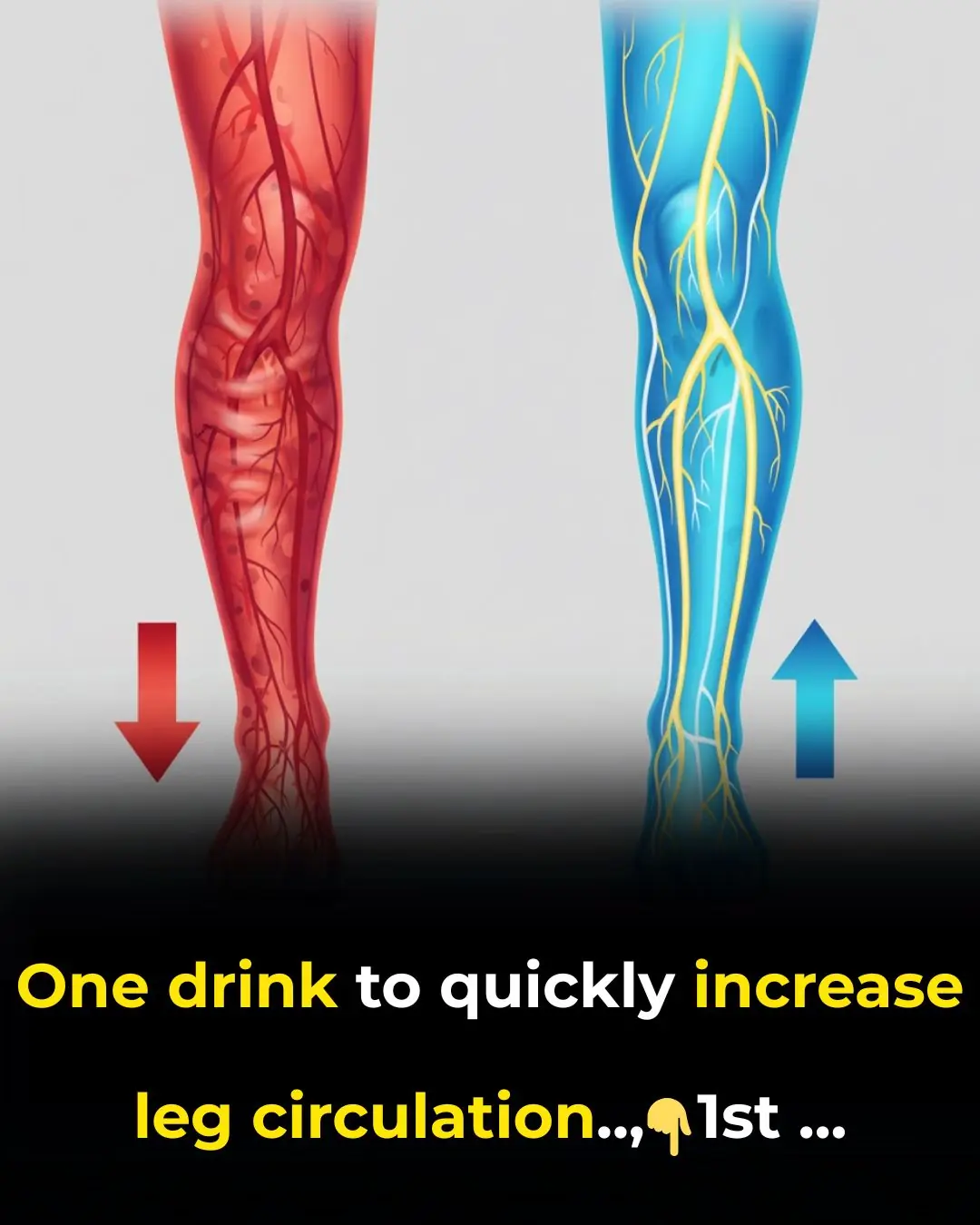
One drink to quickly increase leg circulation

Extremely good food you should not miss
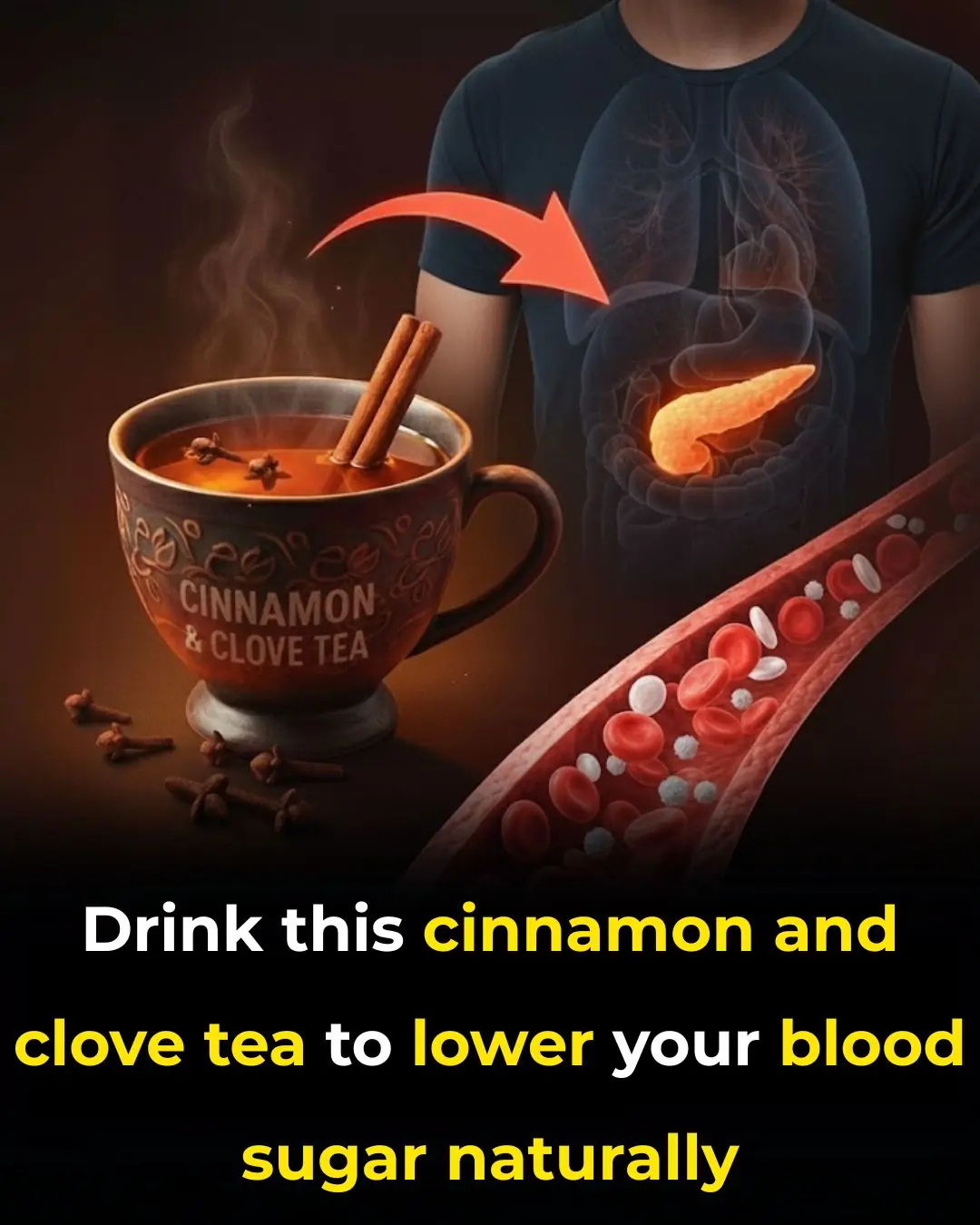
Drink this cinnamon and clove tea to lower your blood sugar naturally
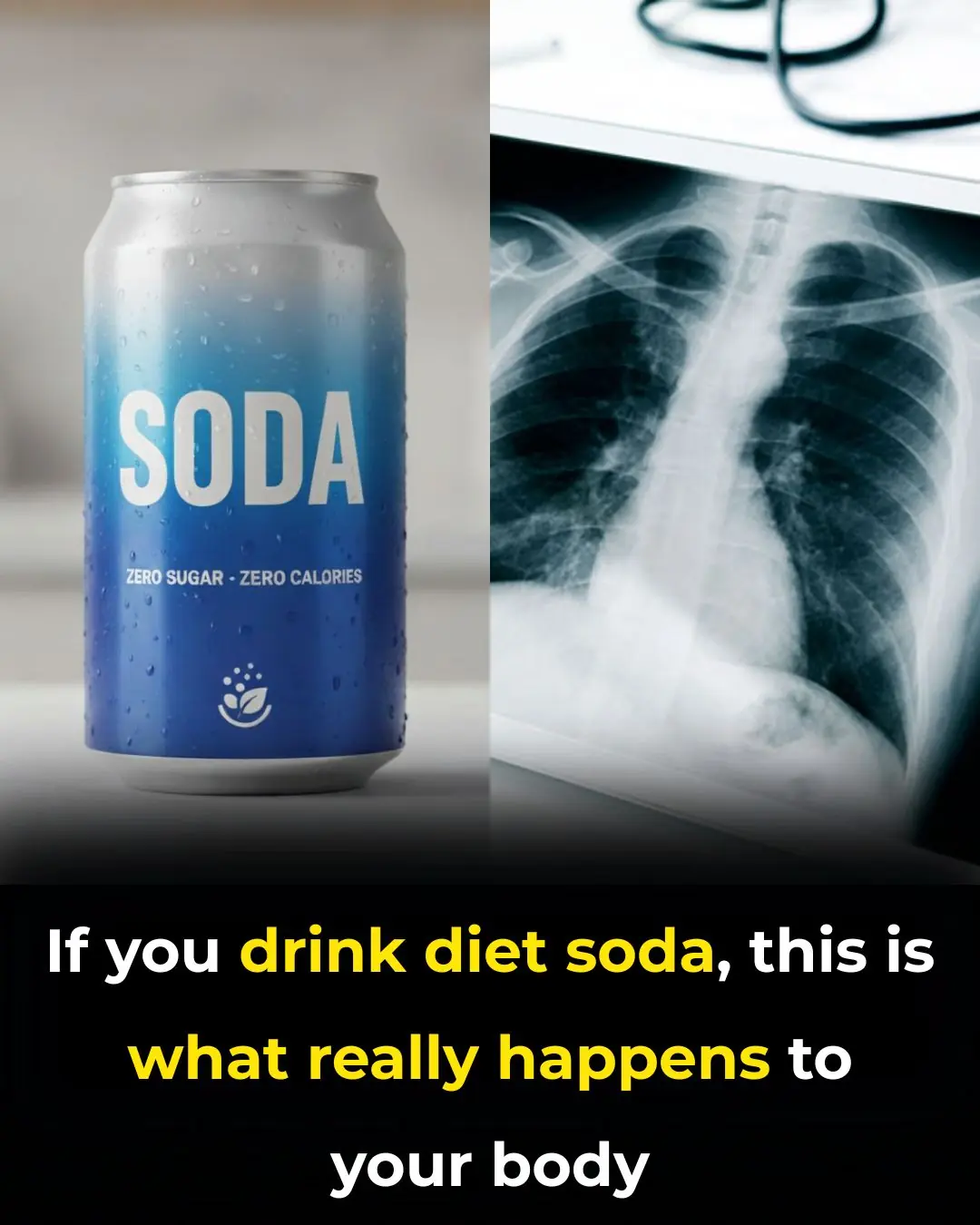
Here’s What Really Happens To Your Body If You Drink Diet Soda
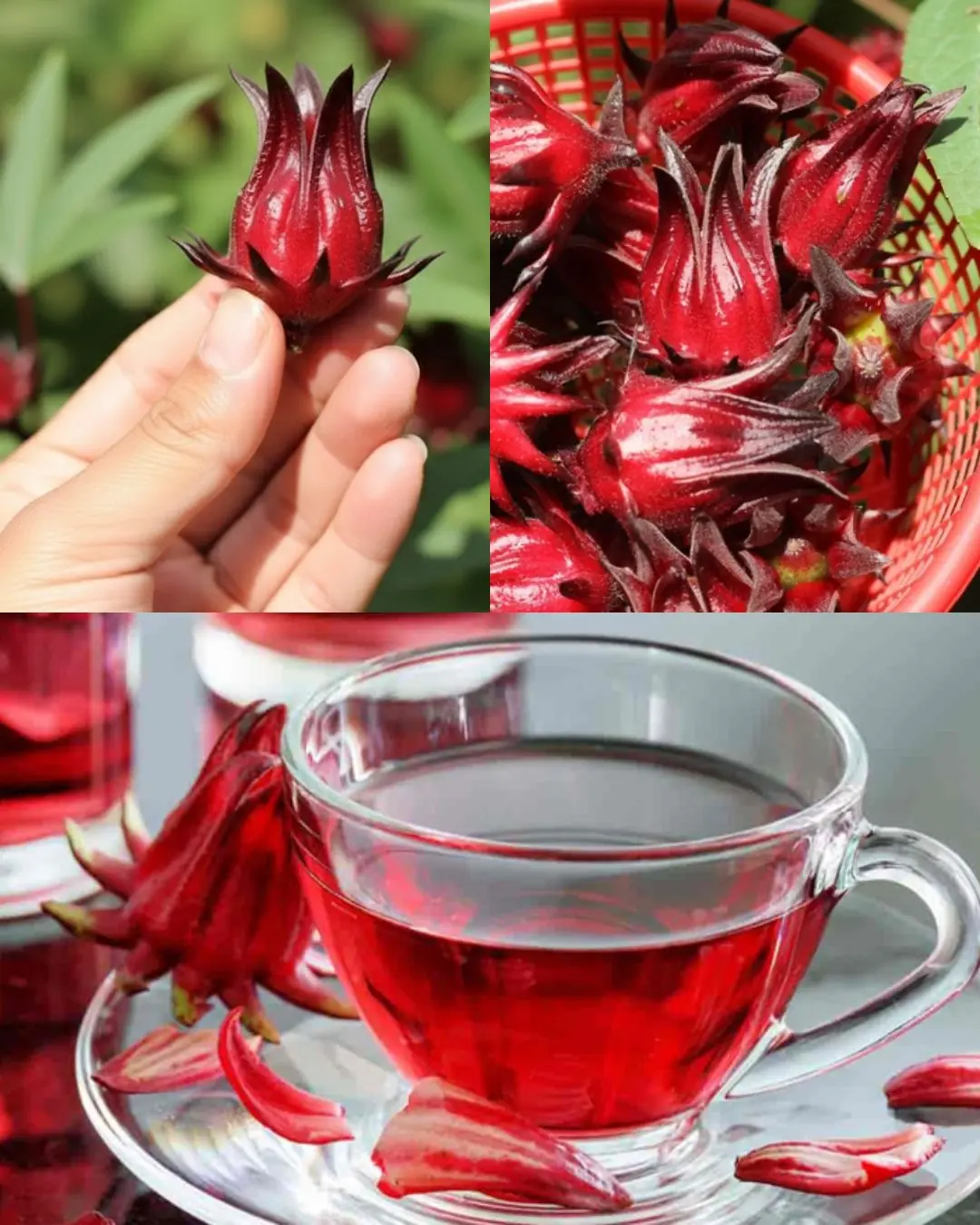
Roselle: The Scarlet Herbal Treasure with Powerful Health Benefits
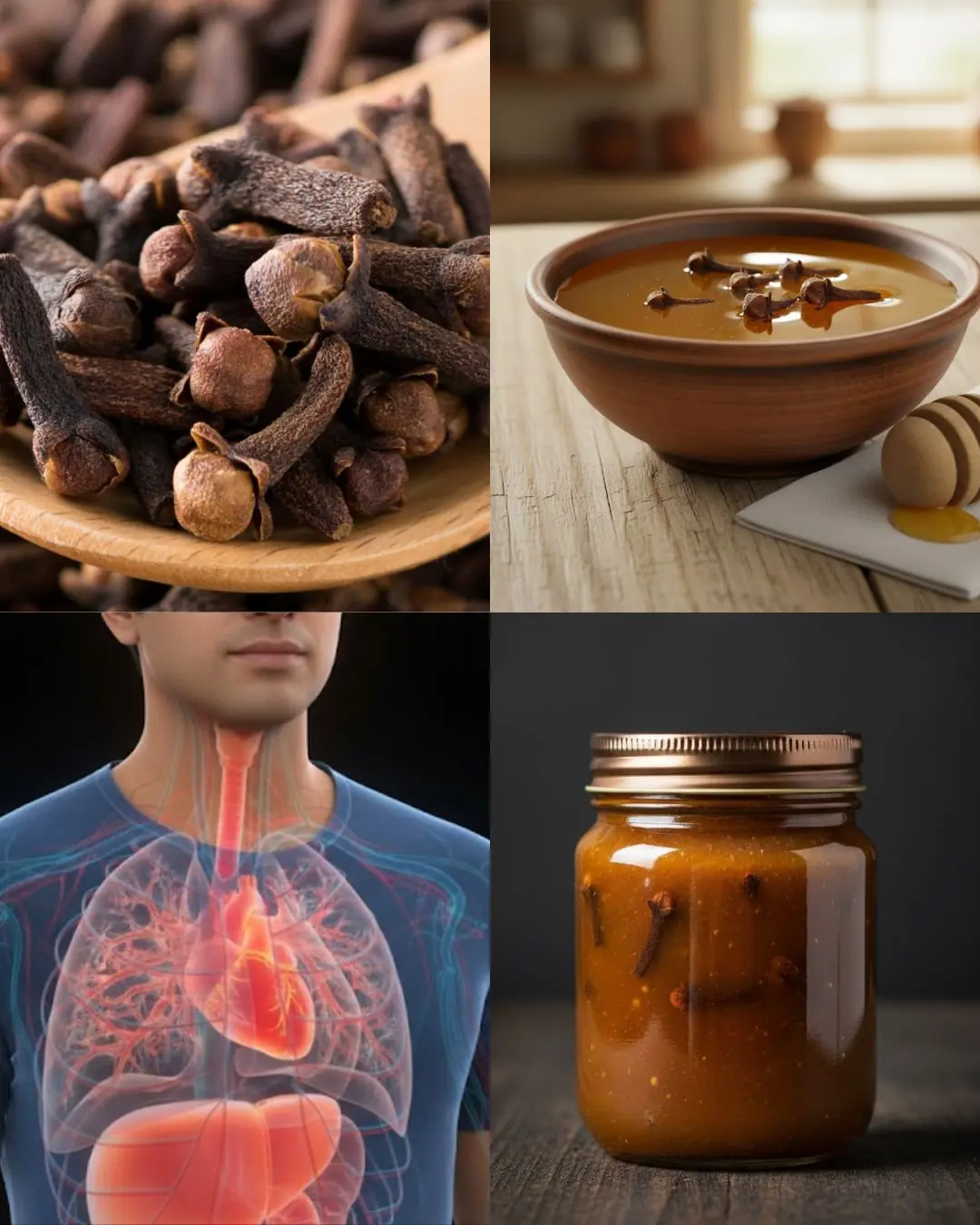
Clove-Infused Honey Power: A Natural Wellness Booster You Can Make at Home
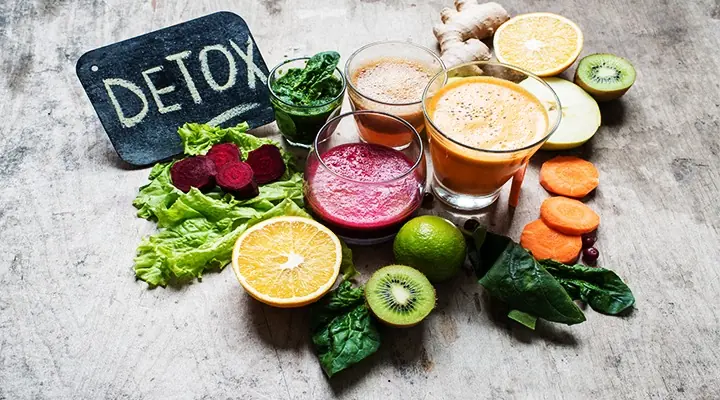
How to Detoxify and Cleanse Each Organ to Never Be Sick or Tired Again
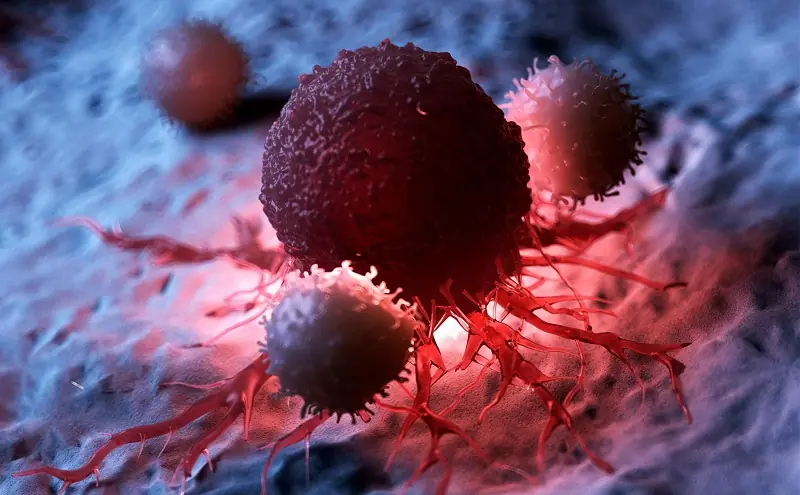
NEW 10 UNUSUAL SIGNS OF COLON CANCER
News Post

5 Dangerous Ingredients Hiding in Your Skin Care Products—Are You At Risk?
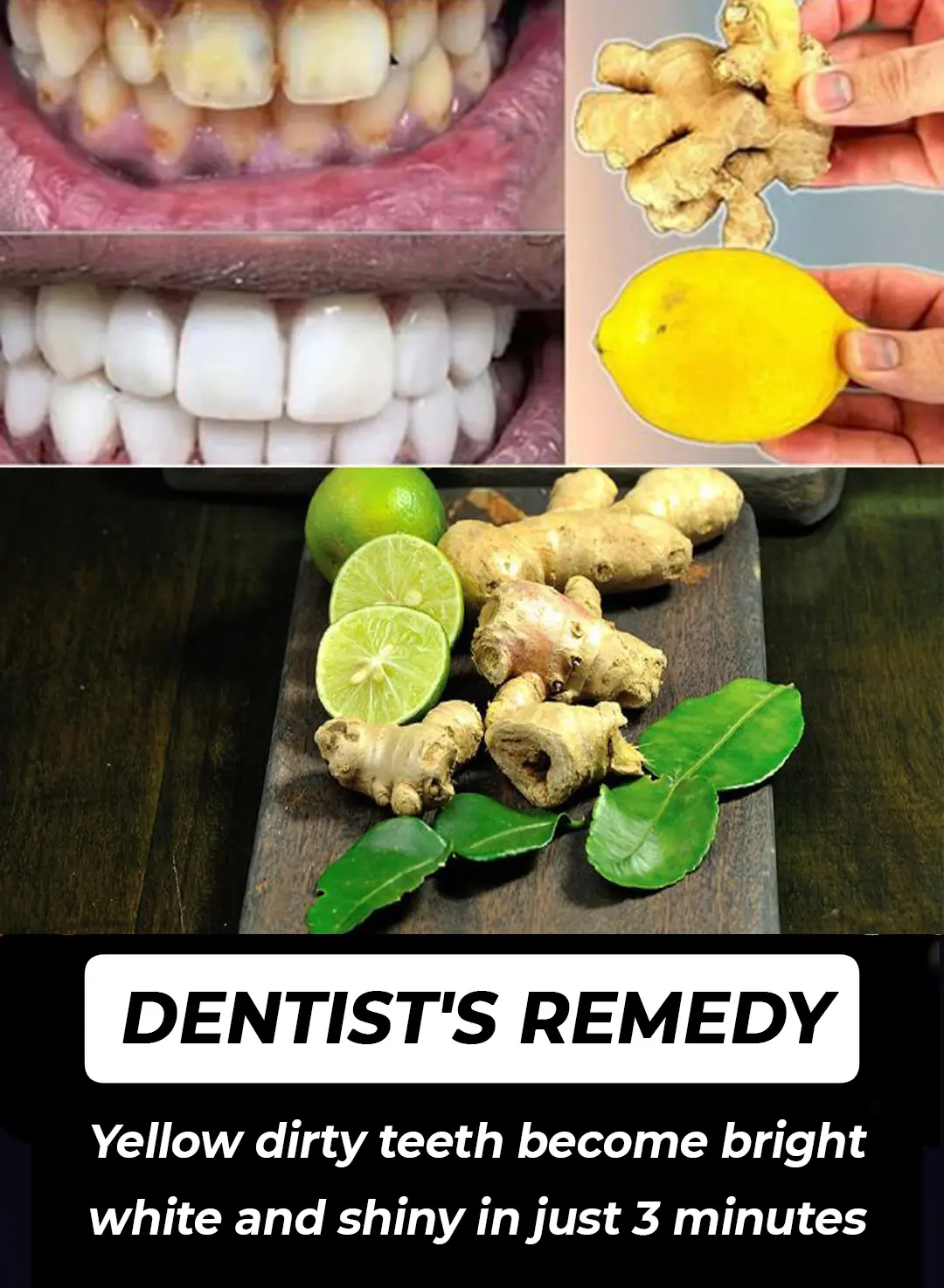
Instant Teeth Whitening: Ginger & Lemon Remedy for a Brighter Smile in 2 Minutes

Silent Heart Attack — The Pain No One Recognizes in Time

Cocoa Flavanols May Protect Blood Vessels Even When You Sit for Hours

How to Eat Bread, Rice, and Potatoes Without Blood Sugar Spikes

5 Homemade Face Packs for Dry Skin in Winter | DIY Winter Face Packs for Glowing Skin
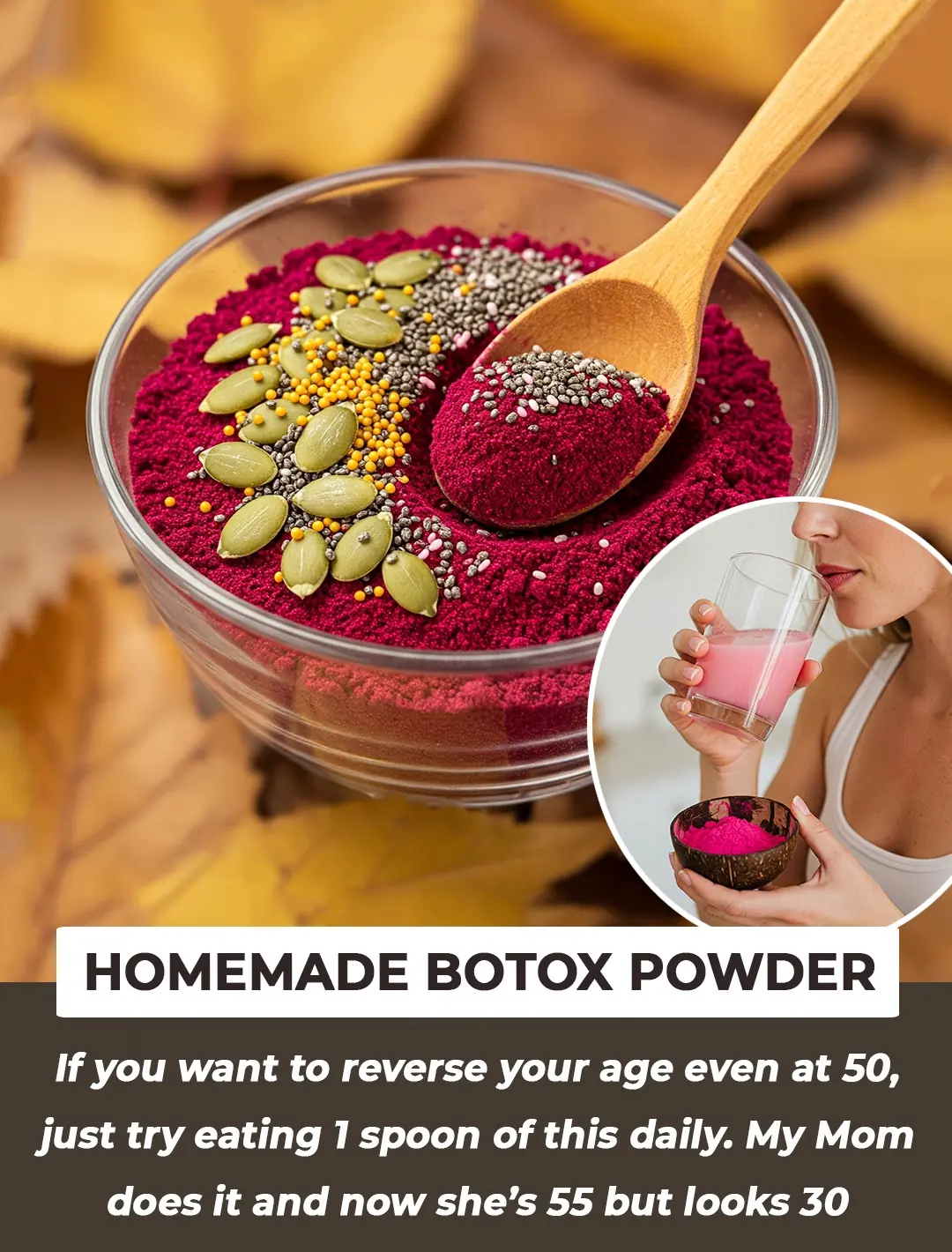
DIY Collagen Powder Recipe for Glowing Skin & Thick Hair

DIY Fennel Seeds Water for Weight Loss and Health: A Natural Remedy for Metabolism, Digestion, and Glowing Skin
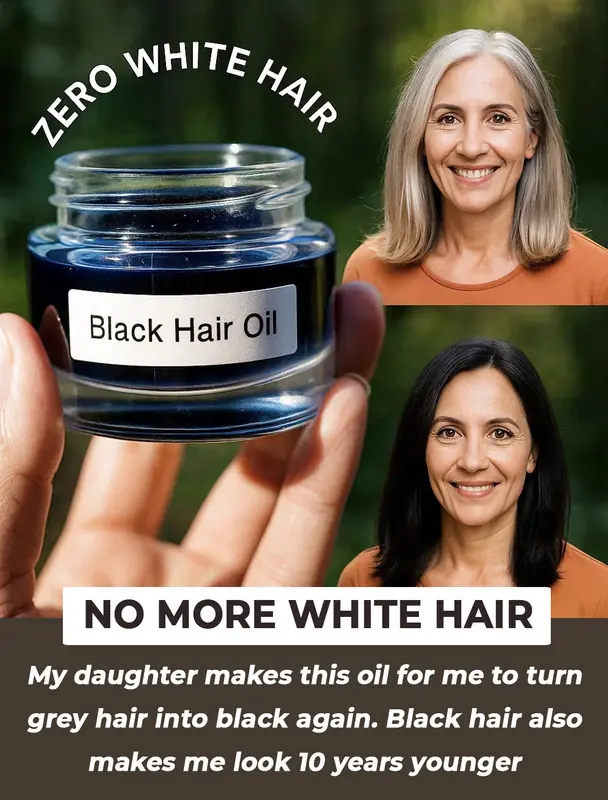
Roasted Onion Peel and Garlic Peel Treatments for Grey Hair: Natural Remedies for Hair Restoration
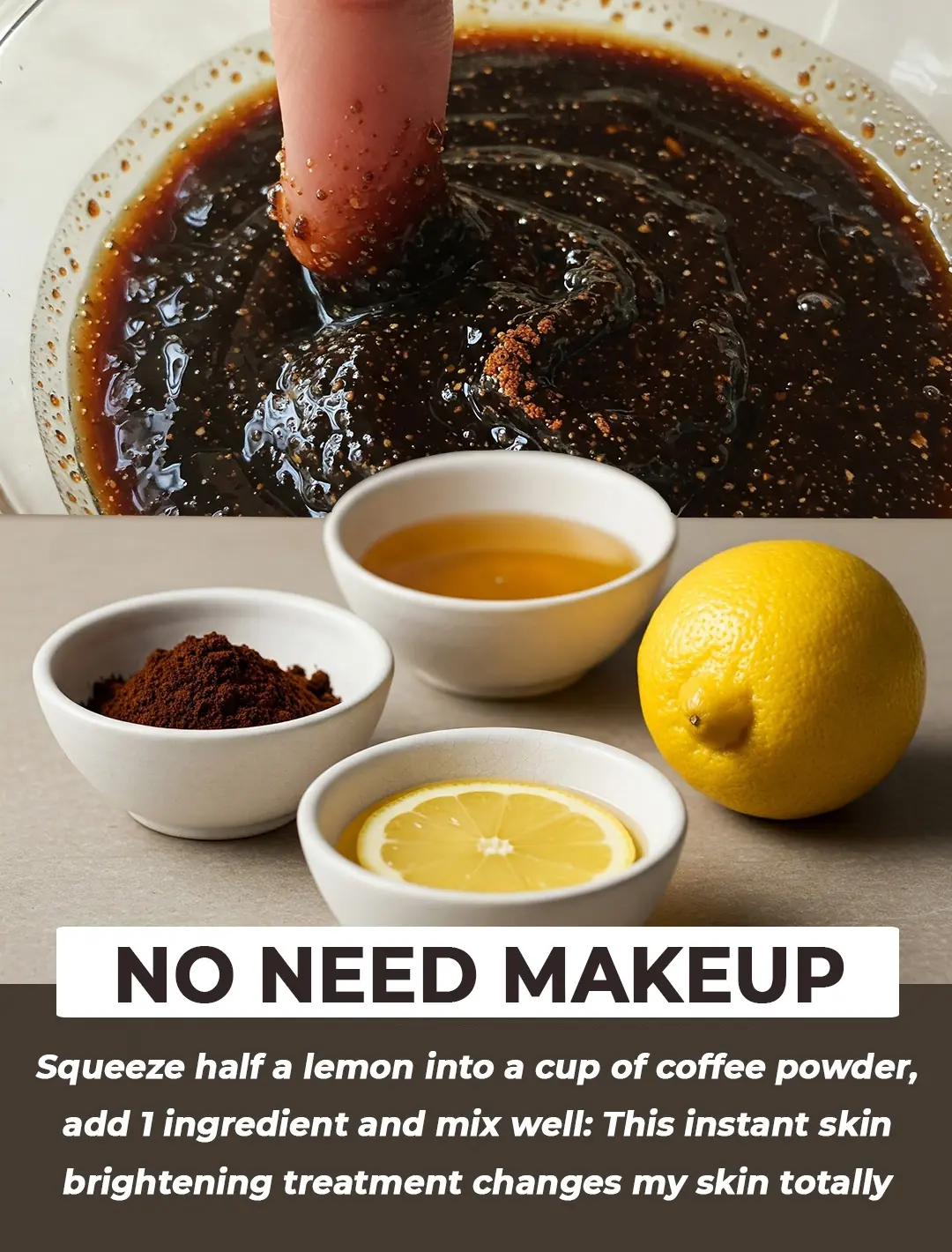
Coffee For Instant Skin Brightening

Beetroot Face Gel for Clear Skin – Rosy Cheeks & Pink Blushing Skin
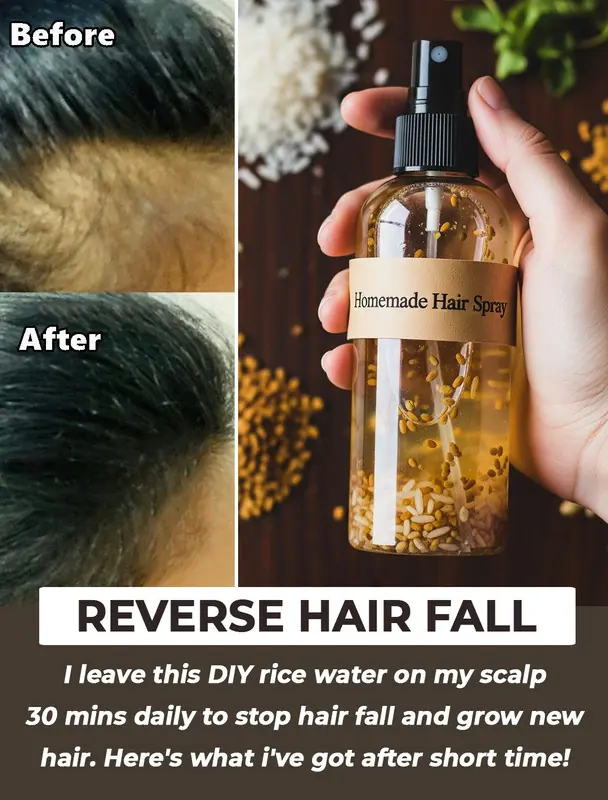
Rice and Fenugreek Hair Spray: The Natural Solution for Hair Fall, Growth, and Scalp Health

DIY Rice Water Ice Cubes for Glowing Skin: Best Recipe for Pore Minimization, Hydration, and Skin Brightening

DIY Rice Water Ice cubes for Clear Skin – Shrink Large Pores
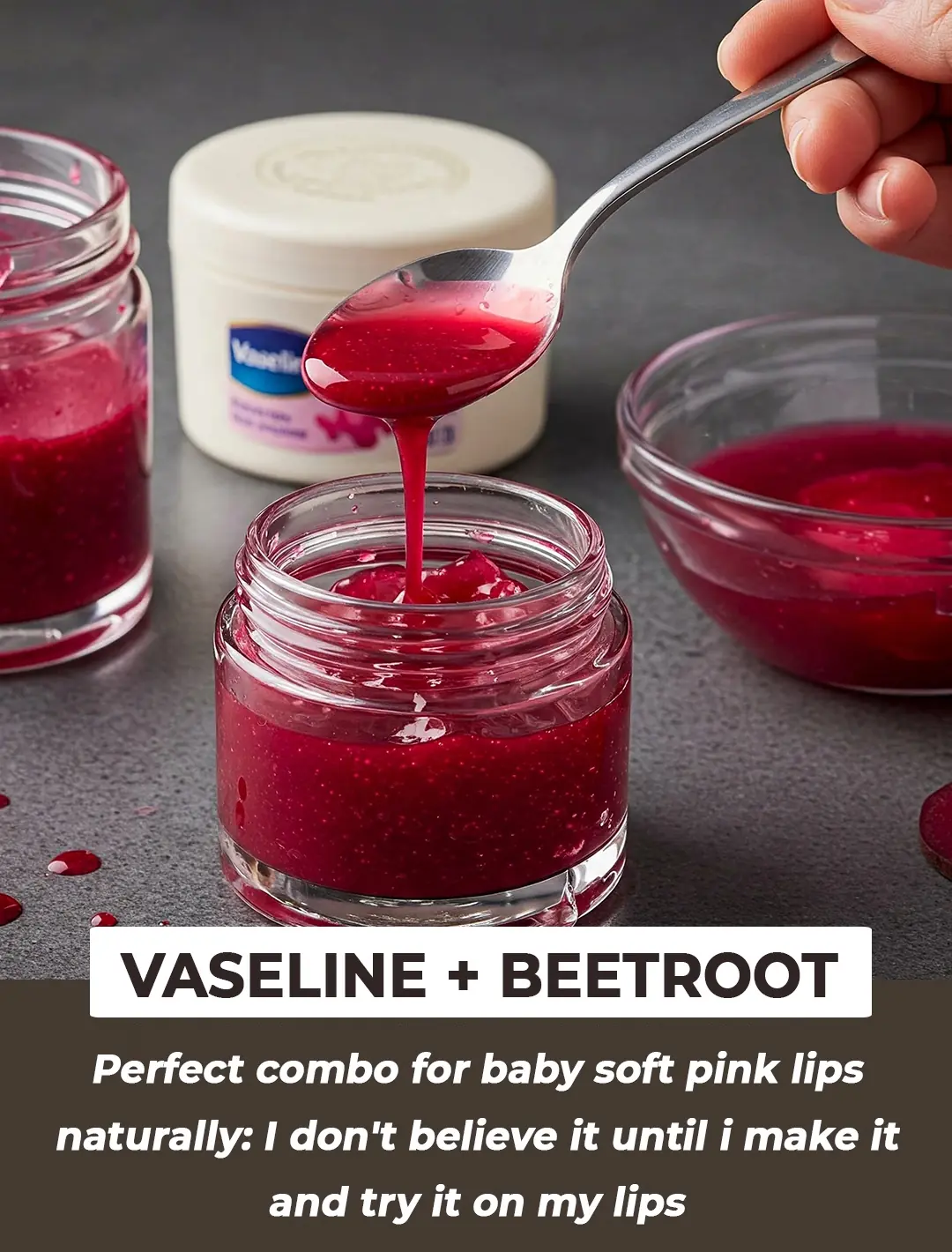
DIY Lip Balm with Vaseline and Beetroot: A Natural, Moisturizing Solution for Soft, Pink Lips
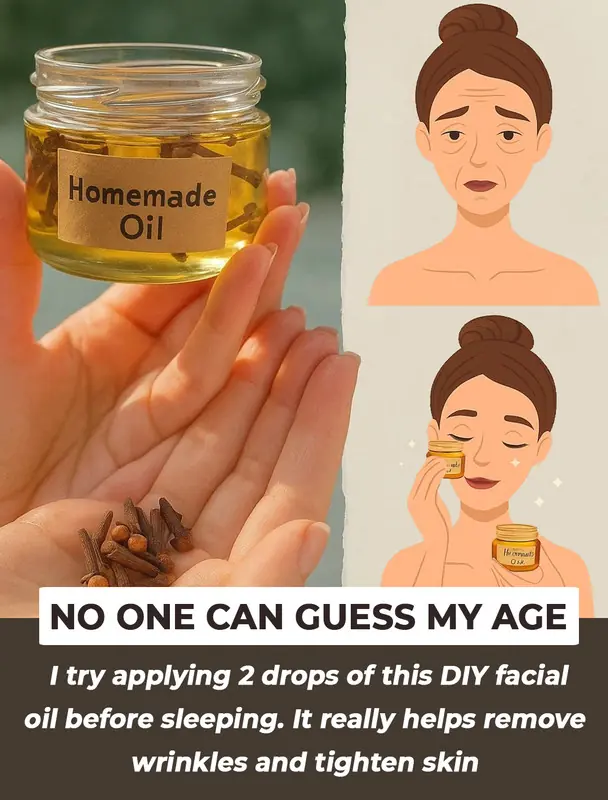
DIY Clove Anti-Wrinkle Gel: Natural Botox Alternative for Firmer, Younger-Looking Skin
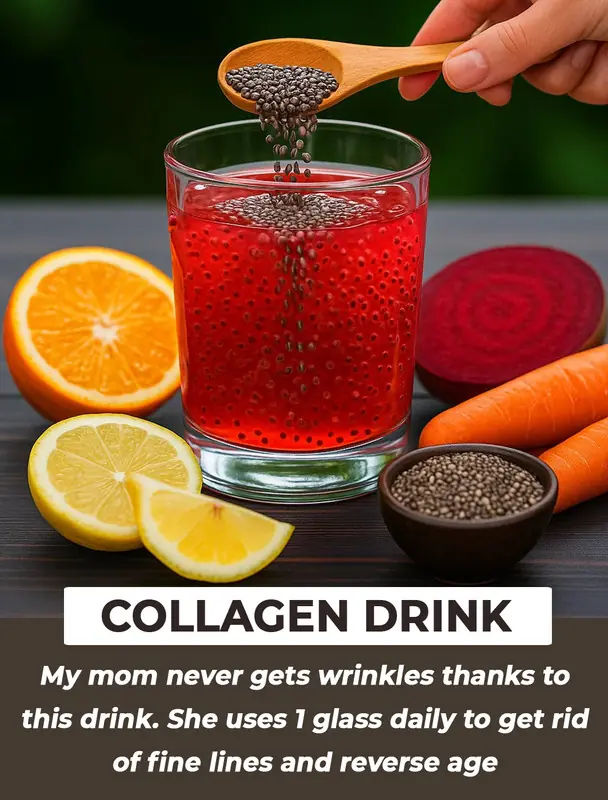
Collagen-Boosting Skin Glow Drink Recipe: Natural Solution for Wrinkles, Fine Lines, and Radiant Skin

It Will Make Your Bladder and Prostate Feel Like New! The Grandfather’s Recipe
